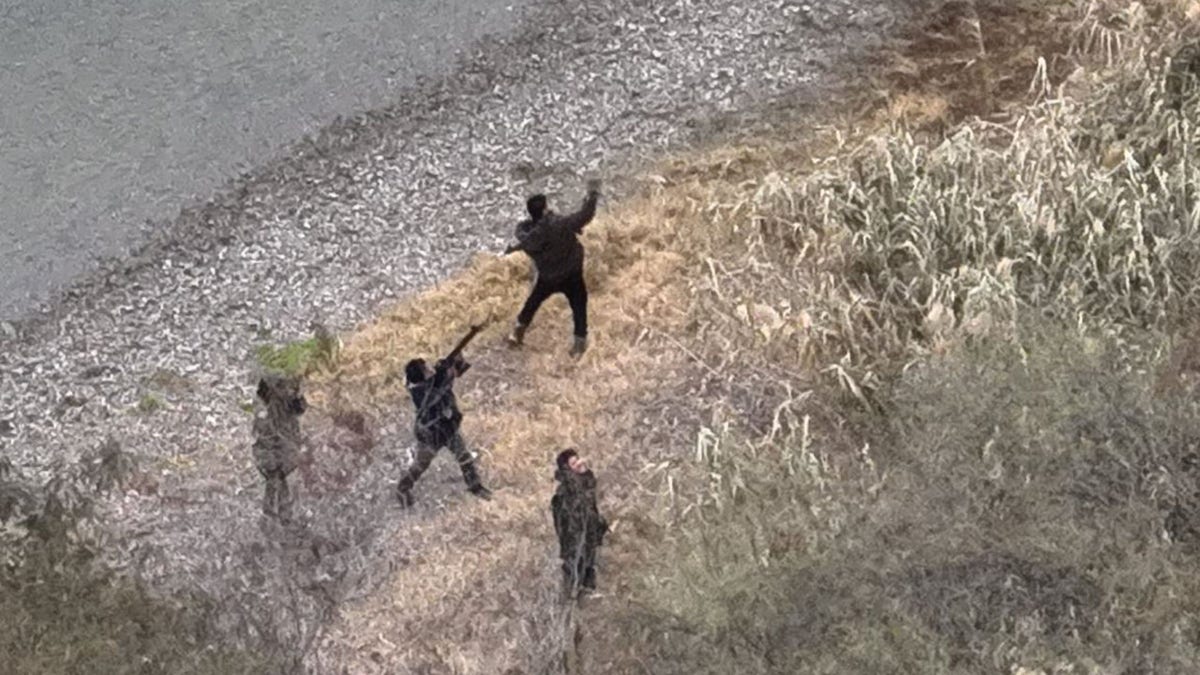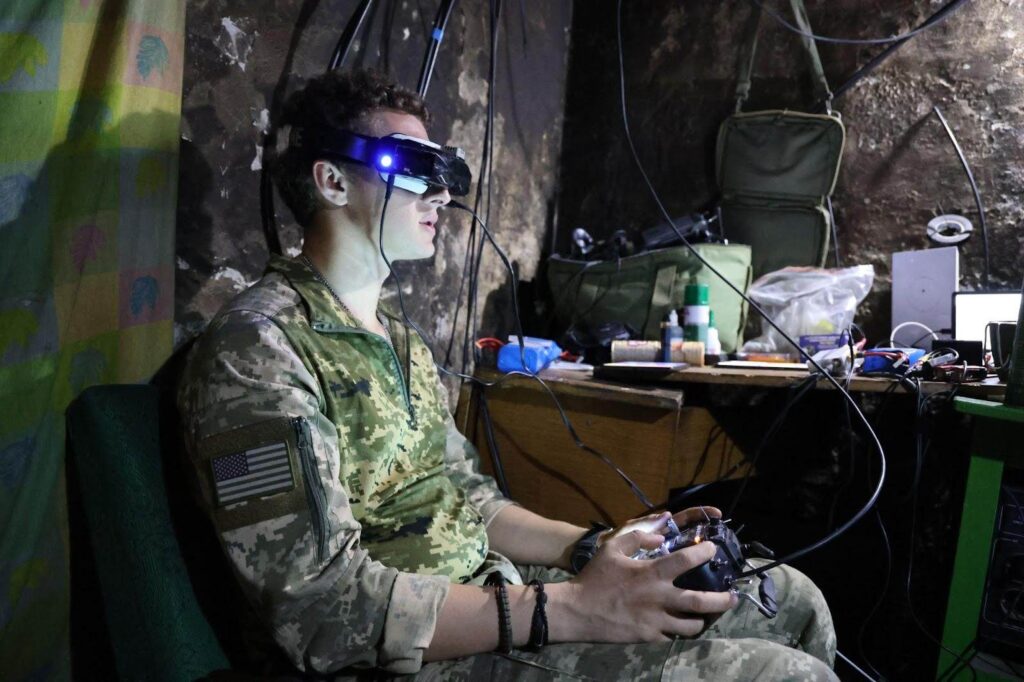Mexican Cartel Members Train in Ukraine to Master FPV Drone Warfare Skills
In a concerning development that highlights the intersection of organized crime and modern warfare, reports have emerged indicating that members of Mexican drug cartels have traveled to Ukraine to gain hands-on experience with First-Person View (FPV) drone technology. This training, sought amidst the ongoing conflict between Ukraine and Russia, aims to enhance their operational capabilities with drones, which have become increasingly pivotal in contemporary combat scenarios.
Background & Context
The use of drones in warfare has evolved dramatically over the past decade, with FPV drones emerging as a game-changing technology. These unmanned aerial vehicles allow operators to pilot the drone directly from the cockpit view, offering unprecedented control and precision. In Ukraine, both military forces and insurgent groups have adeptly utilized FPV drones for reconnaissance and direct attacks, demonstrating their effectiveness on the battlefield.
For Mexican cartels, the acquisition of FPV drone skills represents not just an operational upgrade but a potential shift in their approach to drug trafficking and territorial disputes. As cartels face heightened law enforcement scrutiny and competition, the integration of advanced technology could provide them with a significant tactical advantage. The implications of this trend extend beyond Mexico’s borders, raising alarms regarding the potential for increased violence and sophistication in cartel operations.
Key Developments
According to sources, cartel members have reportedly engaged in combat alongside Ukrainian forces, taking advantage of the ongoing conflict to learn drone warfare techniques directly from experienced operators. This hands-on experience could significantly shorten the learning curve for cartel members, allowing them to adapt FPV drones for illicit activities more quickly than through conventional training methods.
Experts in military technology suggest that the potential applications for cartels are vast. FPV drones can be equipped with explosives or used for surveillance, enabling cartels to monitor law enforcement movements or rival operations with greater efficacy. The implications of such a shift could lead to an escalation in violence, as cartels may employ these drones in confrontations with rival groups or during drug transport operations, fundamentally altering the landscape of organized crime.
\n\n
Image for Mexican Cartel Members Train in Ukraine to Master FPV Drone Warfare Skills
Broader Impact
The involvement of Mexican cartels in Ukraine raises significant concerns about the spread of military tactics and technologies into the realm of organized crime. This trend mirrors other instances where conflict zones have served as training grounds for criminal organizations, as seen in various regions around the world. The potential for cartel members to return to Mexico with advanced drone warfare skills could exacerbate the already volatile security situation in the region.
In a similar situation, previous reports have indicated how armed groups in conflict zones have adapted military technologies for criminal purposes, creating a cycle of violence that is difficult to contain. The international community"s response to this evolving threat will be crucial in determining whether such developments can be mitigated before they lead to widespread instability.
What"s Next
As the conflict in Ukraine continues, monitoring the activities of cartel members who have received drone warfare training will be essential. Law enforcement agencies in both Mexico and the United States are likely to ramp up their surveillance and counter-drone operations in response to this emerging threat. Additionally, international cooperation may be needed to address the cross-border implications of this trend.
In light of these developments, experts advocate for proactive measures, including enhanced intelligence sharing and the development of counter-drone technologies, to combat the potential misuse of FPV drones by organized crime. As previously reported, the evolving landscape of drone warfare presents challenges not only on the battlefield but also within the realms of law enforcement and public safety.
As this situation unfolds, the need for a coordinated response becomes increasingly apparent, with implications that could affect both national and international security frameworks.

Image for Mexican Cartel Members Train in Ukraine to Master FPV Drone Warfare Skills


![[Video] Heavy clashes and gunfire reported in Baghdad, Iraq](/_next/image?url=%2Fapi%2Fimage%2Fthumbnails%2Fthumbnail-1768342239932-848qsh-thumbnail.jpg&w=3840&q=75)




![[Video] Gunfire between Iraqi security forces and Sadr militias in Baghdad](/_next/image?url=%2Fapi%2Fimage%2Fthumbnails%2Fthumbnail-1768343508874-4redb-thumbnail.jpg&w=3840&q=75)
